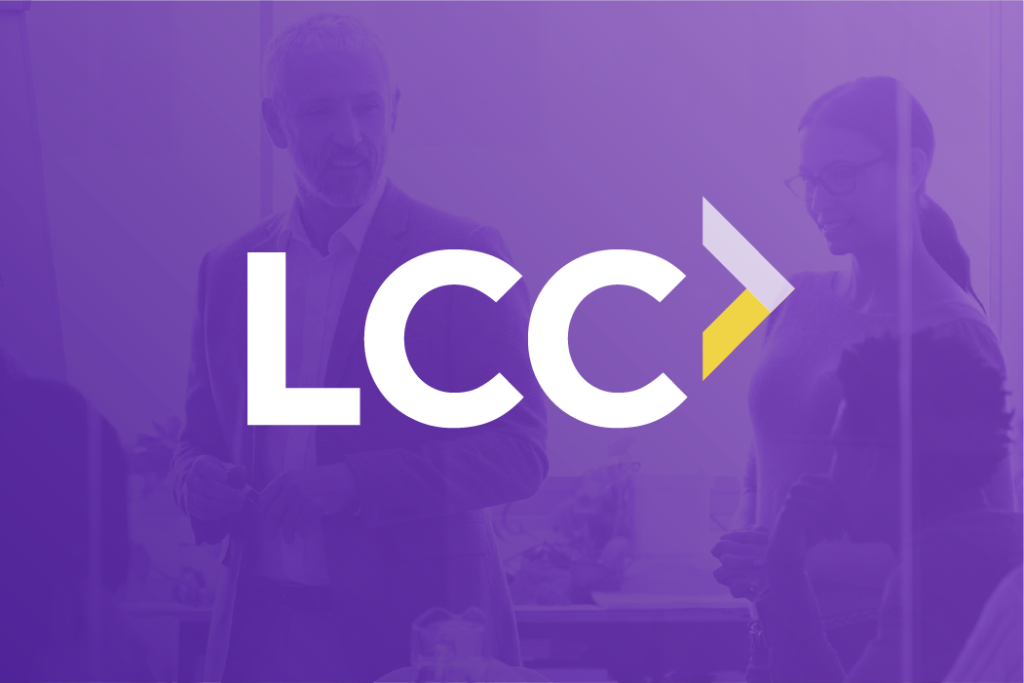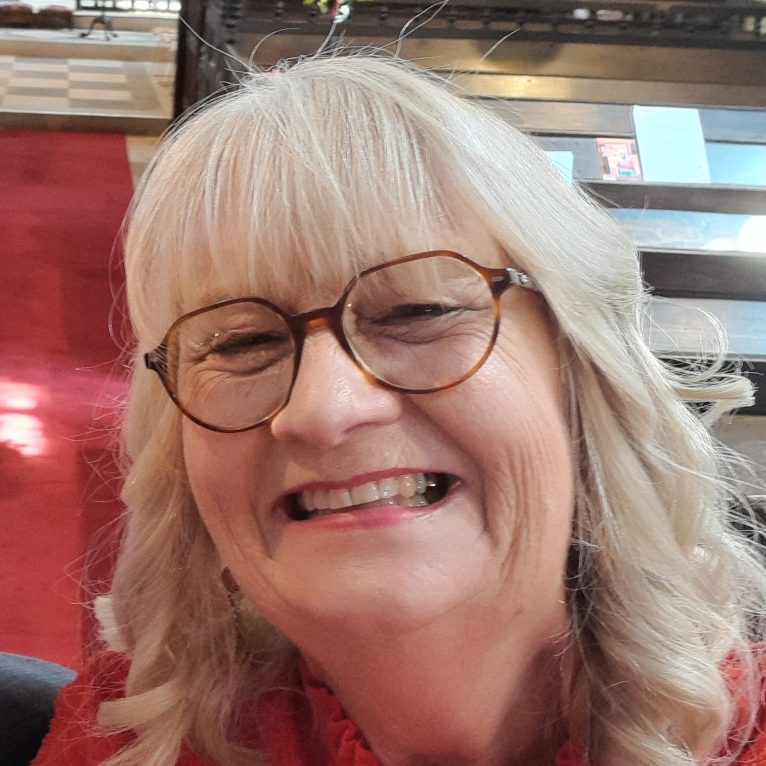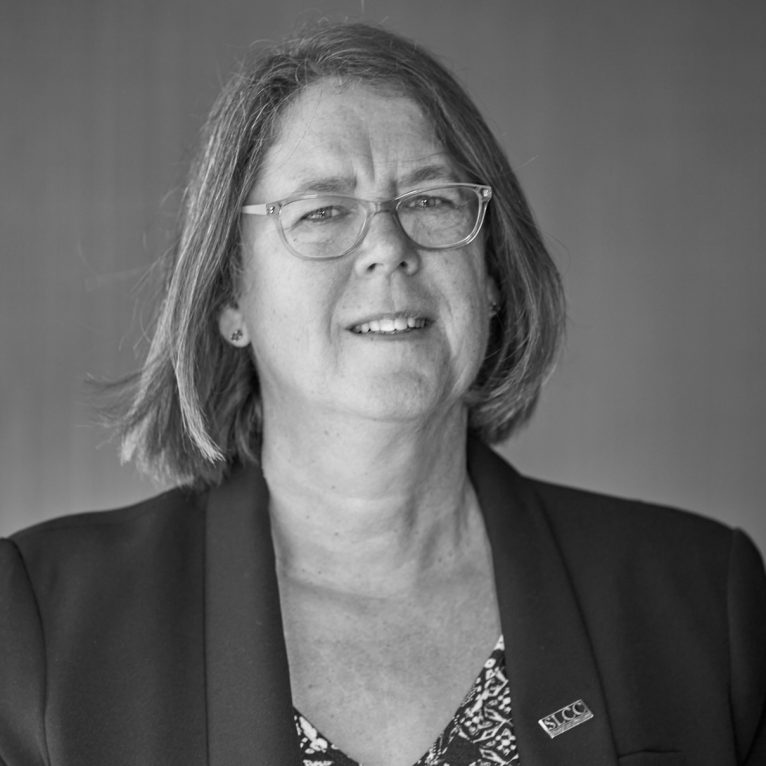
Share article:
When parish councils were first created, the amount of knowledge held by human beings doubled every hundred years or so. By the end of the Second World War, it was doubling every 25 years. This mass of information is now doubling every 13 months. This statistic provides a thought-provoking backdrop to the role of parish clerks and councils today.
DELIVERING MORE TO OUR COMMUNITIES
Local councils must respond to this ongoing change and evolution. Parishes are expanding, and councils are being expected to deliver more services to more people. The Localism Act (2011) gave local councils wider powers and opportunities, but with the consequence of adding to the workload of officers.
Other tiers of local government are developing too, with the move toward unitary status, and further services being devolved to parishes.
Most recently, Covid-19 has changed how we live, with local councils meeting the challenge of creating new, special and lasting relationships with our communities.
DEALING WITH CHANGE
We all respond differently to change. Councils can appoint additional staff or ask existing officers to work more hours. Some older tasks can be set aside, or staff will simply try to do more in less time, but:
The aim of all councils must be to have the organisational structure, and capacity, to deliver high quality services that council taxpayers see as relevant and represent value for money.
Stephen Butt, LCC Associate
LCC can help you review your staffing requirements to ensure you have the capacity and capability in place to provide a quality service to your community. Contact the team today to find out more.






